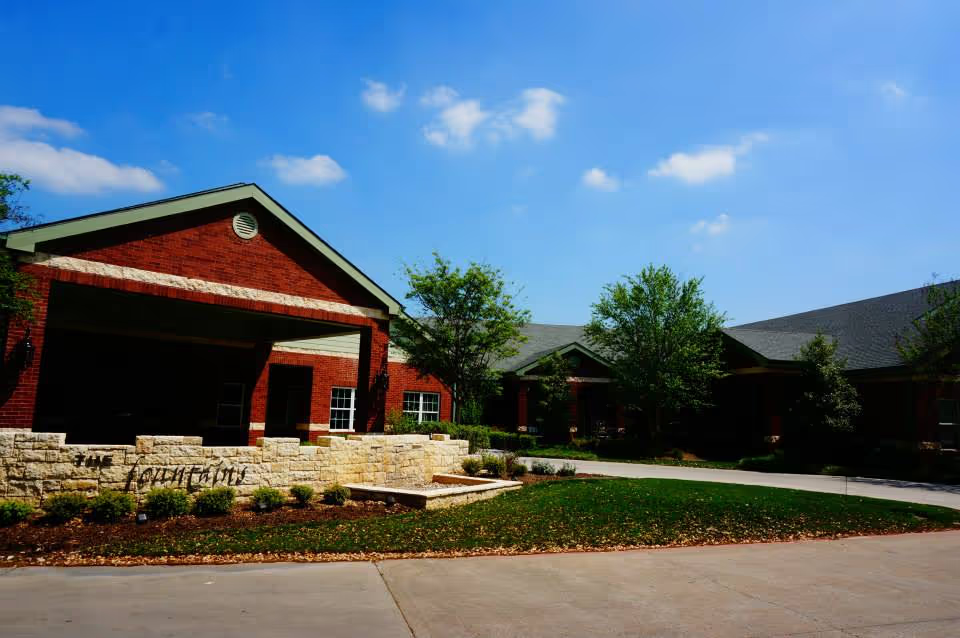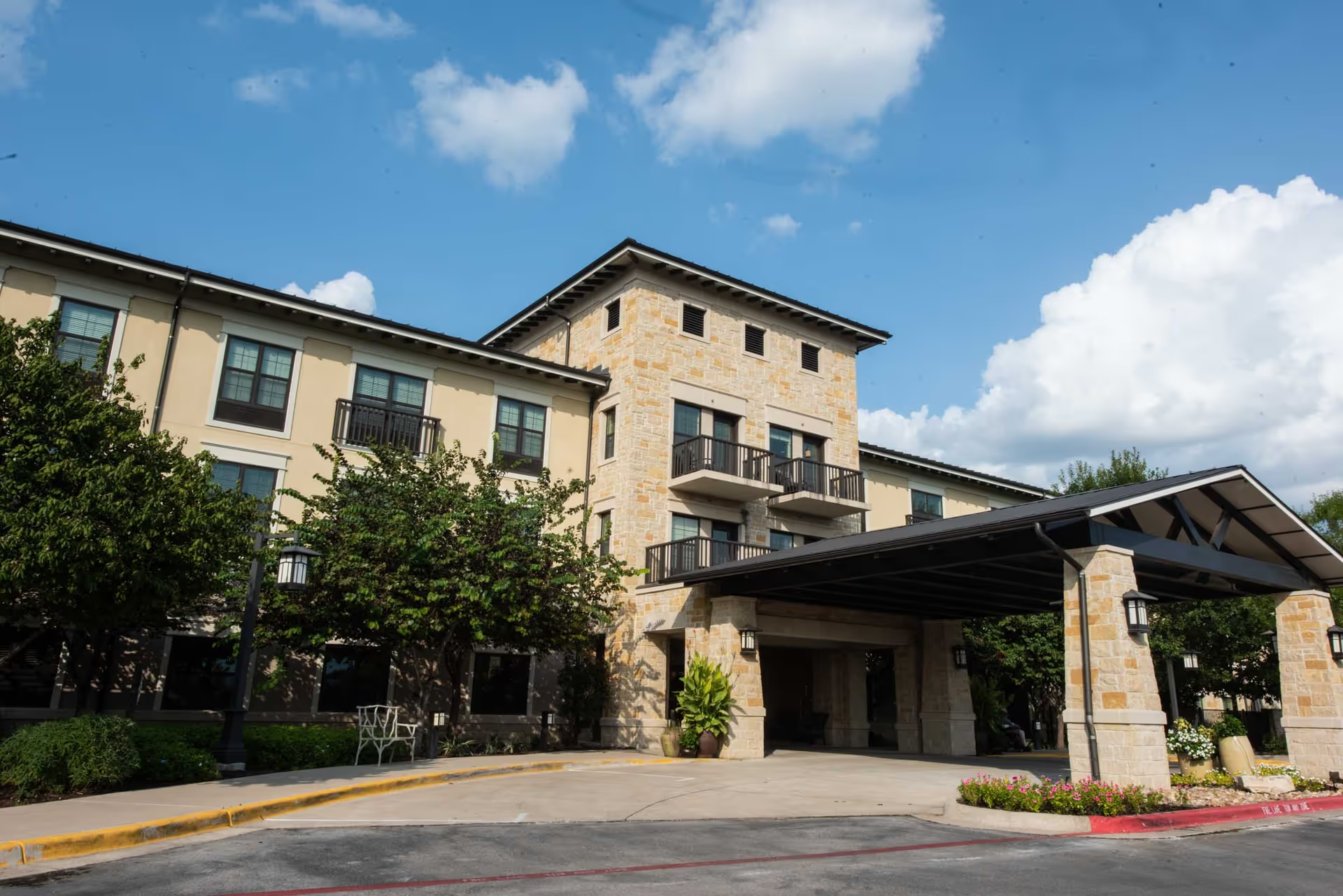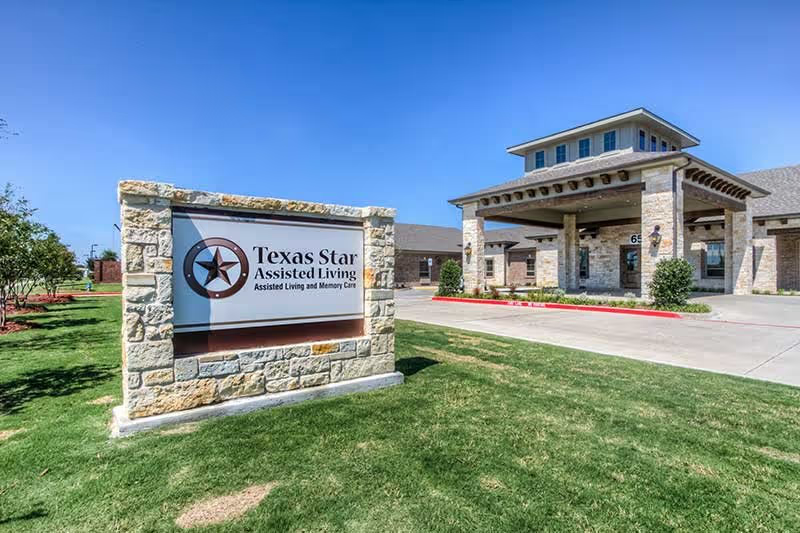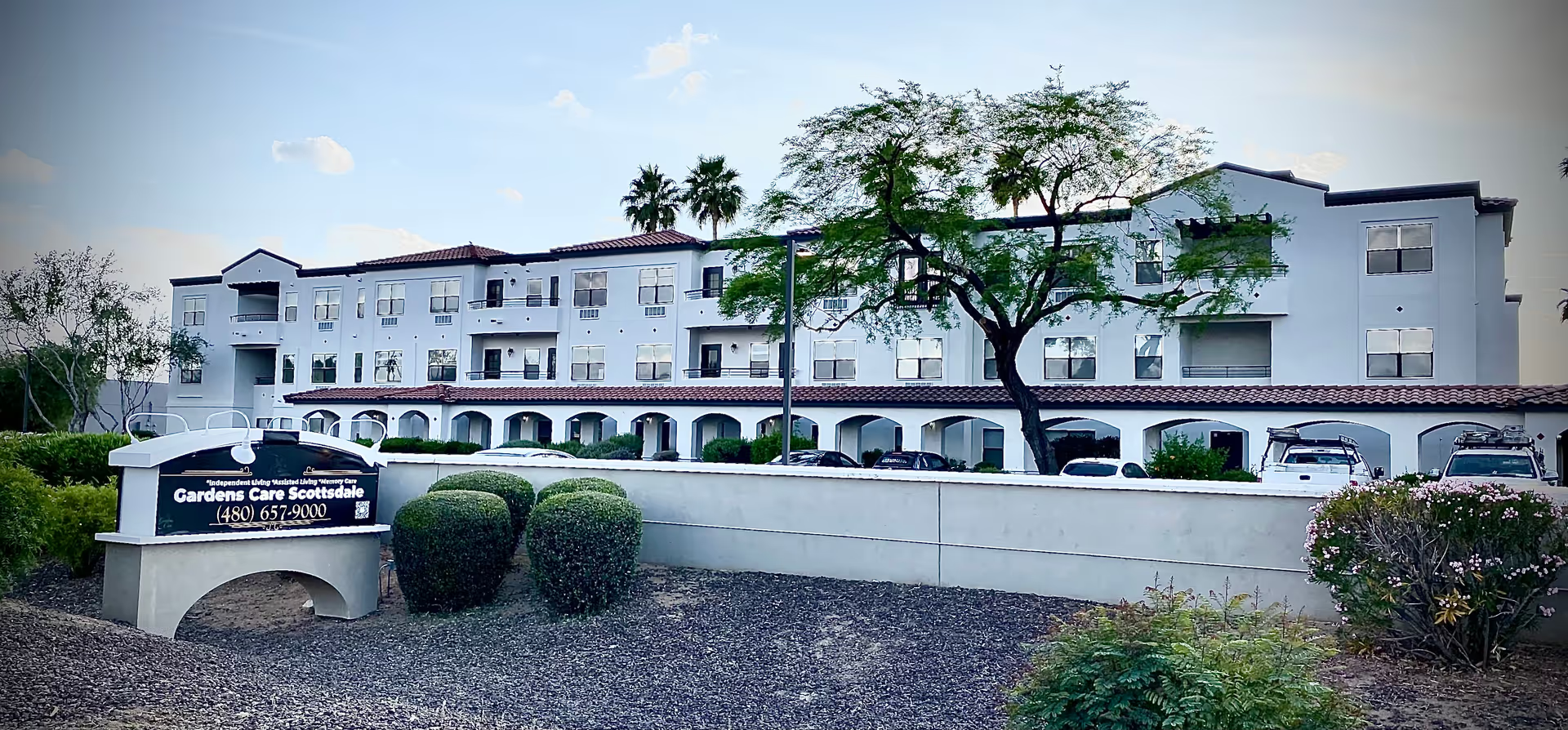Overall sentiment about Big Spring Center for Skilled Care is strongly mixed, with a clear polarization across reviewers. Many families describe the center as warm, caring, and professional, repeatedly praising individual staff members—most notably Christy Brownfield (also referenced as Christy Norwood Brownfield)—and the therapy team. These positive reviewers highlight attentive nursing and CNA care, successful rehabilitation outcomes (helping patients regain mobility), a clean and spacious facility with a new secure unit, helpful and compassionate admissions staff, regular family communication (photos, video calls, window visits), and a community atmosphere with events and engaged staff. Several accounts state that staff went above and beyond, providing peace of mind and creating a family-like environment where residents are treated with dignity. For many families the decision to place a loved one at Big Spring Center was validated by good outcomes and frequent, proactive updates from staff and administration.
However, an important and recurring counter-theme is serious concern about safety, consistency, and leadership stability. Multiple reviews report incidents of neglect or insufficient care: long response times to call lights, residents kept in recliners for extended periods, days without showers, delayed medical evaluations, and in the most serious cases, falls resulting in fractures. Night-shift care is singled out by several reviewers as inconsistent or neglectful compared with daytime care. There are also reports of residents being found in soiled diapers and allegations of missing medications or denied therapy sessions (PT/OT) when requested — issues that directly affect resident dignity and recovery. These complaints are compounded by accounts of high staff turnover and shortages, especially among nursing leadership (DON/ADON), which reviewers connect to declines in service consistency and oversight.
Communication and administrative responsiveness are similarly mixed. Many families praise admissions personnel and certain administrators for clear, helpful interactions and for resolving problems quickly. Specific staff and administrators are described as exceptionally responsive and compassionate. Conversely, other reviewers cite poor communication from office staff, an absence of family notification in critical moments (including lack of notification after a resident death), and an overall perceived lack of humanity from some employees. One reviewer reported alleged theft of personal items by laundry staff, which raises concerns about accountability and security of residents’ belongings. The combination of exemplary individual staff performance and episodes of administrative failure suggests that quality may depend heavily on which staff members are on duty and the strength of local leadership at any given time.
Facility and amenities are generally praised: reviewers frequently mention a clean environment, spacious rooms, pleasing smells, and active programming. The therapy/rehab program receives strong positive mentions from families who saw measurable improvement. Dining receives mixed feedback — several reviews complimented the meals and staff dining efforts, while others complained about repetitive or non-nutritious options (an oft-cited example was “beans daily”). COVID-era accommodations (photo/video updates, window visits) were appreciated by families restricted from visiting.
Taken together, the reviews portray a facility with many standout strengths—compassionate and skilled individuals, effective therapy services, welcoming spaces, and strong experiences during admissions and some care episodes—but also with worrying, documented lapses in care, safety, and communication. The pattern suggests variability in quality that may correlate with staffing levels, shift times, and leadership continuity. Prospective families should weigh both the positive reports of dedicated staff and successful rehabilitation and the negative reports of neglect, falls, hygiene issues, and poor communication. When evaluating Big Spring Center, consider asking specific, direct questions about current staffing ratios and turnover, weekend and night-shift supervision, fall-prevention protocols, infection-control practices, procedures for notifying families about changes or emergencies, how personal belongings are secured, and dining menus. Visiting in person (or via scheduled window/video visits), meeting the therapy team and unit staff, and requesting references from recent family members may help clarify whether the unit or team responsible for a prospective resident reflects the positive or negative experiences described in these reviews.







